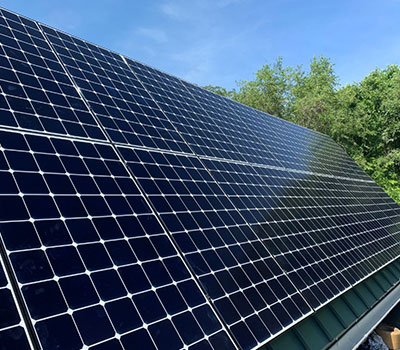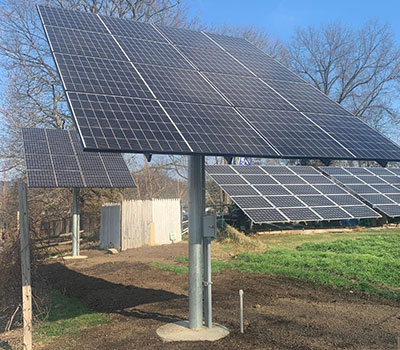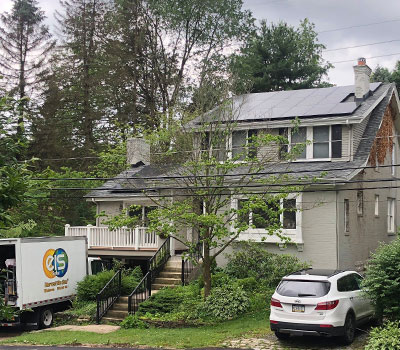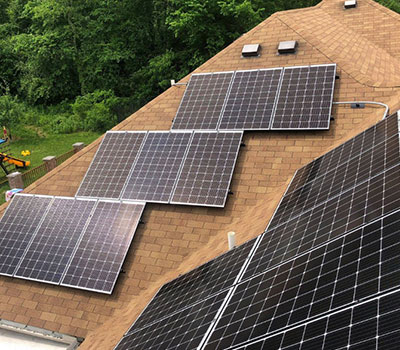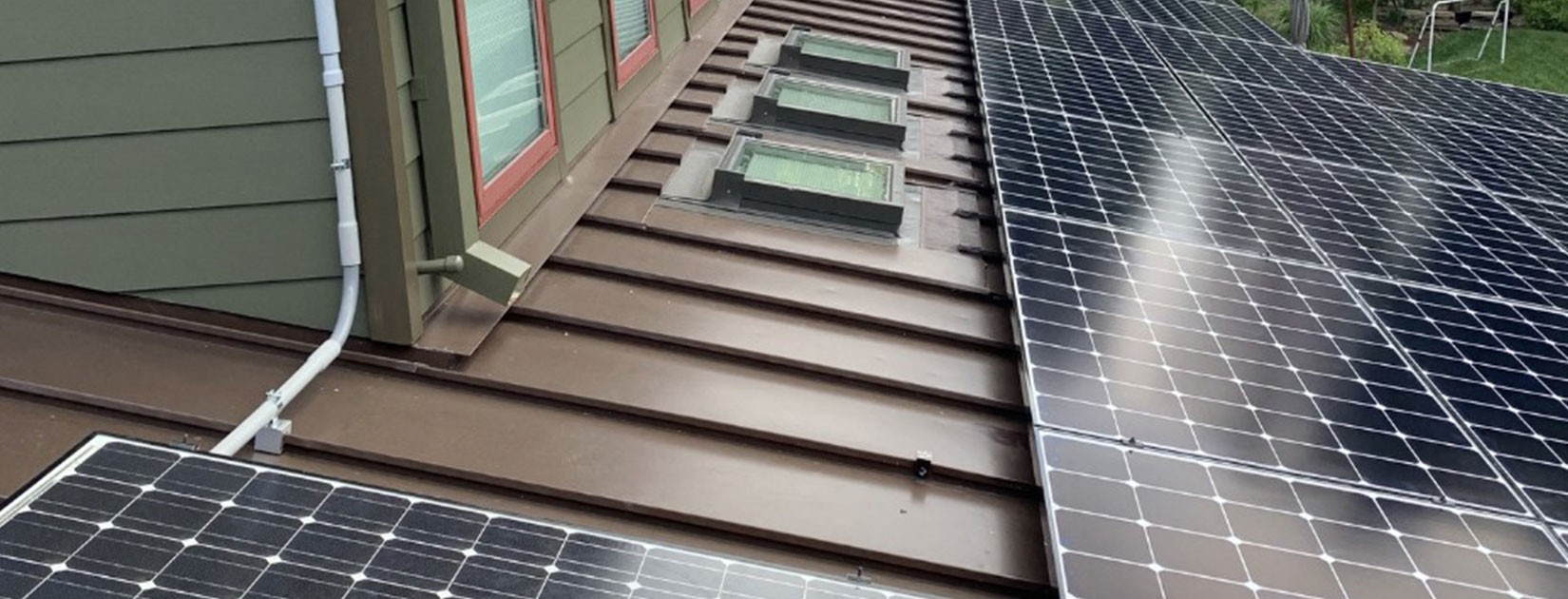
Solar Labor and Workmanship
Labor and Workmanship on Solar System Installations
Is the installation crew a subcontractor for the solar contractor?
This is not always bad, but you should be aware of whether the contractor you are signing a contract with is using their own people or if you are actually hiring another company.
Most solar installations are subject to Prevailing Wage legislation and you as the homeowner are responsible for this compliance as the law is written.
Is the subcontractor ensuring they comply or will this come back to haunt you a few years down the road?
Are you having difficulty communicating with the install crew?
Are you uncomfortable with the demeanor, language and appearance of the crew?
Do you trust them to be in your home? If you feel uncomfortable asking about the ‘image’ of the crew that will be working on your array, ask for references and ask them what they thought of the crew. In the end, it is the crew who will be in and out of your home and not the salesman.
Are they insured?
Not just liability, but do they also have Workman’s Comp insurance? If they are on your roof a fall can be devastating and a claim could come back to your property. Ensure you have documentation of insurance coverage before they start working.
Do they have experience or is this one of the first arrays they are building?
Pennsylvania has a very loose policy on approving solar contractors. Hundreds of solar contractors have sprung up in recent years. Many are from out of state and those who are local are just entering the business. This does not mean they are bad but you may want to be sure they at least know what they are doing before hiring them. It is difficult to get a reference from someone who has never completed a project outside of a training program. But how do you know if they are experienced and NABCEP Certified? They can tell you anything and show you pictures of someone else’s arrays to back up the story.
Ask for references.
Make sure the references match the pictures they are showing you.
Ask to visit a local system.
Most people who have solar arrays love to talk about them and many like to show them off. If they cannot produce people who want to show their systems they may not have actually built any or they are aware the client is not satisfied.
